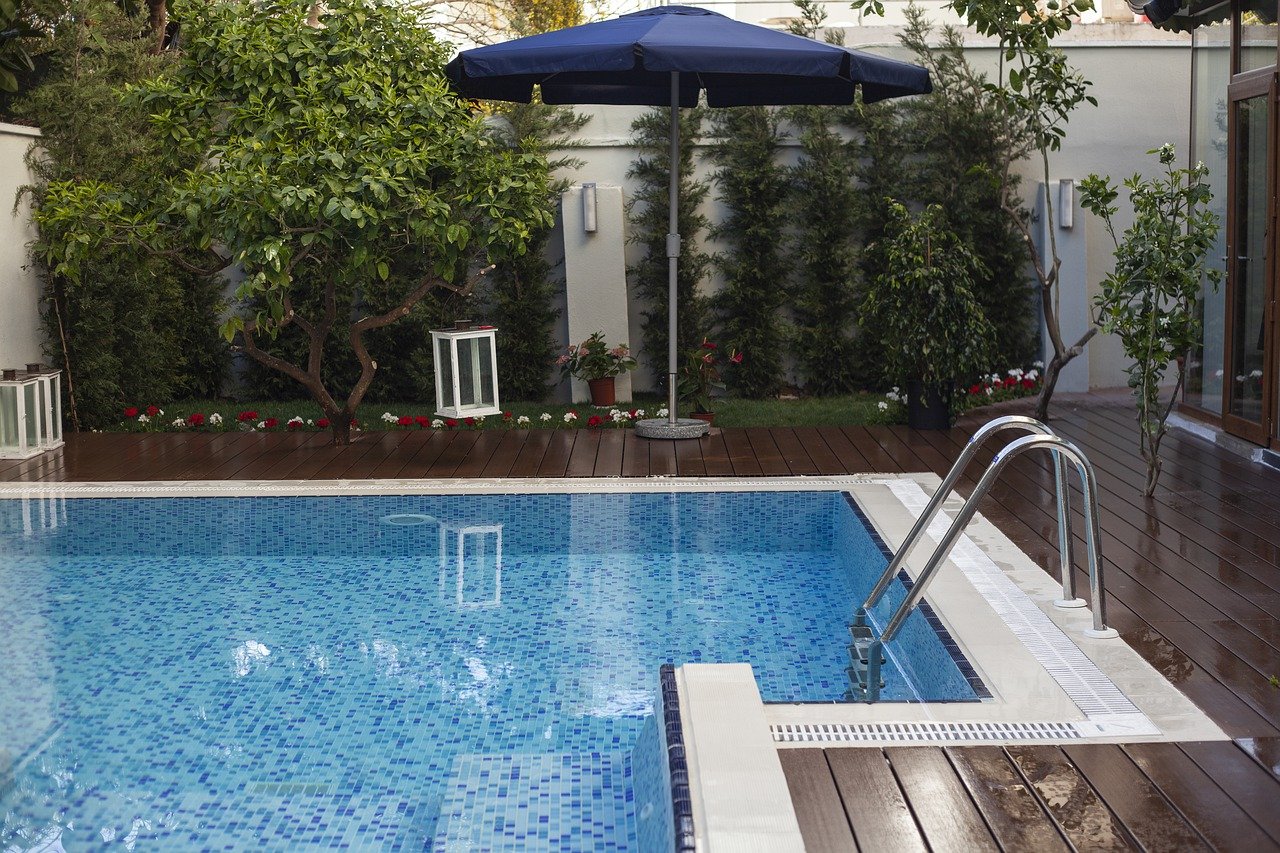Pool chemicals are required to make your pool safe and clean. Existing and potential swimming pool users need to know how to use the chemicals to create a healthy swimming environment. Chlorine, pH balancers, algaecides, and stabilizers are chemicals that are utilized to protect against killer bacteria, algae control, and clarity of water. This blog takes you through the common swimming pool chemicals and how to use them to enhance your swimming experience to the point where it becomes safe and enjoyable.
Know About Different Chemicals: Applications of these chemicals by pools are sanitizing water, pH stabilization of water, and algae and bacteria prevention. Chlorine is one of the chemicals commonly used by pools to decontaminate bacteria in water. pH adjusters, such as muriatic acid and soda ash, are used to adjust the alkalinity or acidity of water, and algaecides are used to prevent algae growth. Chemicals are utilized to keep water pure, to store equipment, and to render water safe for a human to bathe.
The Use of Chlorine: Chlorine is perhaps the most important chemical that is utilized in any pool. This chemical also serves as a disinfectant so that it can destroy bacteria and viruses that taint water and cause an individual to fall ill. Chlorine is also behind making water free from dirt through oxidation of impurities such as sweat, oils, and other waste. Chlorine usually comes in tablets, granules, or liquids form. You are required to analyze the chlorine in your pool time and again to verify that it remains at the standard level. The water will become contaminated with not enough chlorine, while too much chlorine will irritate skin or damage the surfaces of the pool.
The Function of Pool Stabilizers: Pool conditioners and cyanuric acid, also referred to as pool stabilizers, are chemicals used to stop chlorine from breaking down too quickly in the sun’s UV radiation. Without stabilizers, chlorine lasts for a few hours, especially in above-ground pools. Stabilizers make your chlorine last longer and decrease how frequently you have to reapply chlorine. Don’t use too many stabilizers, though, as high levels will cause a buildup of cyanuric acid that makes the chlorine weak. Proper stabilization will allow your chlorine to perform at top efficiency.
Daily Pool Chemical Maintenance: Having your pool chemicals in check is something that must be maintained on an ongoing basis. You must constantly test your chemicals so you can balance all the chemicals correctly. Liquid chemical test kits or test strips will enable you to test chlorine, pH, stabilizer, and alkalinity levels. Anything that is out of proper range needs to be corrected right away. Maintenance is also done regularly, adding chemicals as needed, cleaning the pool filter, and ensuring water is circulating.
Conclusion
Overall, knowing and having the proper swimming pool chemicals is essential to pool ownership. If you know the function of chlorine, pH control, algae prevention, and stabilizer application, then you can have a clean and safe pool to swim in. Periodic testing and maintenance chemicals are the secret to a long and enjoyable experience of swimming. If you adhere to all these steps strictly and completely, your pool will be a cooling oasis all summer long.







